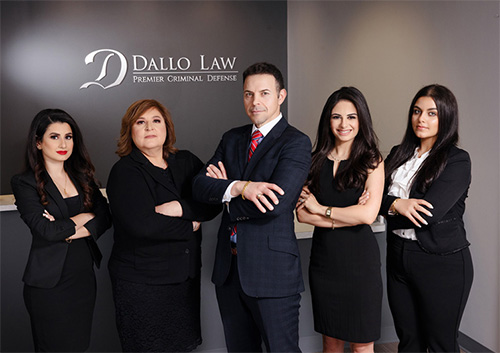“Computer hacking” is a term used to describe an online attack on a computer system. It is illicitly accessing a computer system to steal data or use it for other illegal purposes. Computer hacking can range from minor issues like email phishing scams to well-organized and sophisticated attacks that can affect many other computers and organizations.
The number of such cybercrimes has been growing exponentially, making it necessary for the general public and professionals working in IT to be aware of the risks involved and knowledgeable about the laws and punishments for computer hacking. These laws are in place to protect individuals and companies against users with ill intent toward others. These laws vary from country to country, but they all share certain commonalities.
What Is Hacking?
Computer hacking is the act of using a computer system or network to gain unauthorized access to another system or network. It can be defined as any act that accesses, modifies, or deletes information or causes a disruption in computer systems without the permission or knowledge of the owner.
While people might think of all hackers as bad, the truth is that some hackers are good. So-called “white hat” hackers don’t cause damage once they break into a system; rather, they’re just looking for security holes that can then be fixed. But many hackers are “black hat” hackers, also sometimes called “crackers.” These people may commit crimes like phishing or identity theft, or they might steal corporate data or even take money from people’s financial accounts directly.
What Are Some Examples of Hacking?
The most basic example of hacking is when someone finds a security hole in a server or system and uses it to break in and steal data. Often, hackers will take things like people’s passwords or other sensitive information, which they can either release to the public, use themselves to commit identity theft, or hold for ransom.
Another example of hacking would be if you discover that you can get access to a computer, server, or network by exploiting a security hole, access the data, then attempt to cover your tracks by making it look like someone else accessed the system.
Hackers might do something as simple as breaking into an account and posting something malicious on a website or social media profile, or they might use tools like viruses to gather information that they can use to commit identity theft. These crimes can come in many forms, but they all start with getting access to computer systems that the hacker shouldn’t have.
What Are the Federal Hacking Laws?
Federal hacking laws include the Computer Fraud and Abuse Act (CFAA) and the Digital Theft Deterrence and Copyright Damages Improvement Act. The CFAA is a federal law enacted in 1986 that was created to protect government agencies and private businesses from computer intrusions that could result in the unauthorized access, use, or modification of information. The Digital Theft Deterrence and Copyright Damages Improvement Act is a federal law that was passed in 1999 to deter online copyright infringement. Both laws outline criminal penalties for these actions. Other federal hacking laws include the Stored Communications Act (SCA), Electronic Communications Privacy Act (EPCA), and the Defend Trade Secrets Act (DTSA).
What Is the Computer Fraud and Abuse Act?
The Computer Fraud and Abuse Act (CFAA) is the most well-known federal law that addresses computer hacking. The CFAA criminalizes accessing another person’s computer without authorization or permission and also covers accessing a computer system for an unlawful purpose. According to the CFAA, any access, use, or modification of a computer system that is done for an unlawful purpose is a criminal offense.
What Are the Criminal Penalties Under the CFAA?
The criminal penalties under the CFAA vary according to the specific type of violation.
For instance, unlawfully obtaining national security information can land you in prison for ten to 20 years, while breaking into one person’s computer and stealing information can lead to a sentence of anywhere from a year to 20 years, depending on how many times you commit this offense.
Civil Violations Under the CFAA
Civil violations under the CFAA include accessing a computer system without authorization or permission, using the information illegally obtained from a computer system, corrupting computer data, or transmitting spam. These offenses won’t lead to prison time on their own but can bring other punishments, like fines and seizure of computer equipment.
- Hacking Definition: What Is Hacking?
- The Penalties for Computer Hacking
- Cybercrime: An Overview of CFAA
- The Looming Cybercrime Threat
- What Is Phishing?
- Cybersecurity: Spam, Scams, Frauds, and Identity Theft
- What Is Internet Fraud?
- America’s Anti-Hacking Laws and Regulations and National Security
- Computer Fraud and Abuse Act Reform
- Computer Crime Laws
- More Details on the Computer Fraud and Abuse Act (CFAA)
- What Is the Computer Fraud and Abuse Act?
- State Hacking/Computer Security Laws
- Computer Crime Lawyers
- Copyright Law of the United States
- Understanding White-Collar Crime
- Criminal Defense Attorneys
- Online Security and Safety
- Phishing and its Impacts on Business
- The Basics of Copyright in the U.S
Find more information on:
This page was last updated by Jalal J. Dallo










